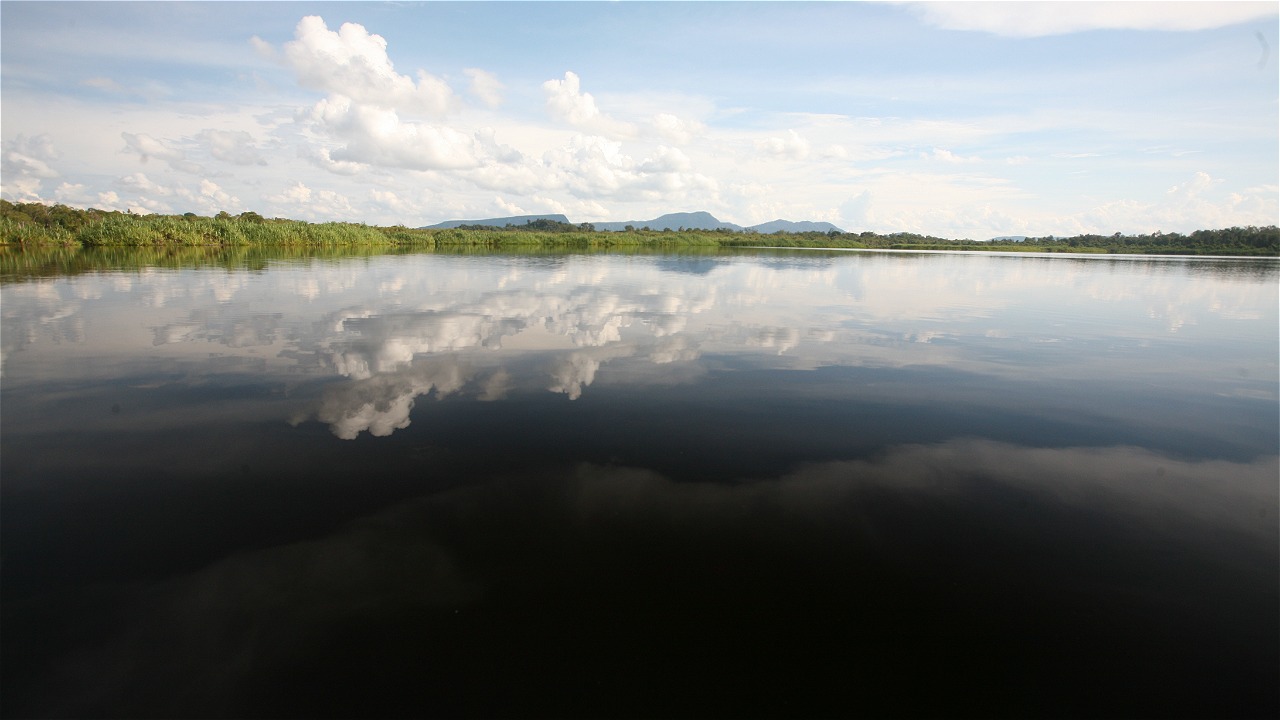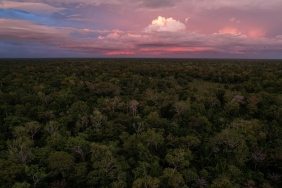AGROFORESTRY-BASED RESTORATION: ENVISIONING THE SUSTAINABILITY OF TNBK AND TNDS
By Markus Lasah
PUTUSSIBAU (11/7)-WWF-Indonesia is currently actively developing an agroforestry system as a solution to improve the corridor areas of Betung Kerihun National Park (TNBK) and Lake Sentarum National Park (TNDS) in West Kalimantan. This system is considered suitable because it combines agricultural production systems and forest ecosystems in a balanced manner.
Agroforest is an artificial forest dominated by multipurpose plants that is built and located on agricultural land. WWF-Indonesia and ICRAF field study (March 2010) proved this system is very suitable to be applied in the TNBK-TNDS corridor.
Until 2005-2012, WWF-Indonesia has intensified agroforestry-based restoration efforts in six villages, namely Mensiau Village, Labian Ira'ang, Labian, Sungai Ajung, Sungai Abau, and Melemba, all of which are located in Batang Lupar District, Kapuas Hulu Regency. During the 7-year period, the area of land mapped by the group reached 356,347 hectares and the land planted was 266,438 hectares. The number of seedlings that have been planted by the assisted groups is 85,909 stems. This restoration activity involved 206 families, with various planting activities carried out such as: planting superior rubber trees, local rubber (Landbouw), agarwood, belian and meranti and other fruit trees.
In addition to planting activities, community empowerment in this corridor includes several other assistance programs such as organic farming, handicrafts, fishery cultivation, and renewable energy development. The program is realized through increasing group capacity for rubber grafting, making organic fertilizer, energy-efficient stoves, and developing handicraft products. This restoration activity not only focuses on the assisted community, but is also adopted in the local content curriculum of SMP Negeri 1 Batang Lupar District in 2008, Kapuas Hulu Regency, Kalimantan-West Province.
As the first step in implementing a series of restoration activities, WWF-Indonesia made agreements through conservation contracts with community groups in the assisted villages. This conservation contract aims to ensure the commitment and obligations of the parties as well as clear compensation in the cooperation.





